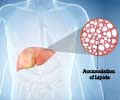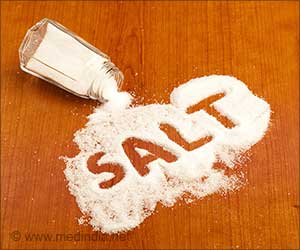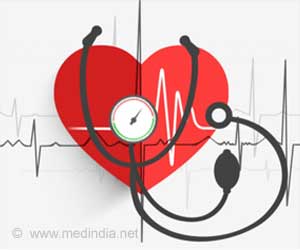Young adults with prehypertension are more likely to have atherosclerosis in adulthood, according to a new research published in Annals of Internal Medicine.
In order to reach the conclusions, researchers from the University of California, San Francisco, analyzed blood pressure measurements of 3,560 adults aged 18 to 30 from seven examinations over the course of 20 years.Nearly 20 percent of the study participants developed prehypertension (systolic blood pressure 120 to 139 mmHg or diastolic blood pressure 80 to 89 mmHg) before the age of 35.
Although these blood pressure levels are below the cutoff for hypertension, the young adults with prehypertension were more likely than those with lower blood pressure to have calcium in their coronary arteries later in life.
Coronary calcium is a marker of atherosclerosis and a predictor of future heart attacks and strokes.
"Our findings suggest the possibility that prehypertension itself is harmful, and not just because it is associated with subsequent hypertension," said Mark J. Pletcher, MD, MPH, the study's lead author.
"People with a lot of calcium in their coronary arteries are more likely to have heart attacks and strokes, and these outcomes might be avoidable by keeping blood pressure low when you're young," he added.
Advertisement
Prehypertension was most common in young adults who were black, male, overweight, and of low socioeconomic status.
Advertisement
Prehypertension before the age of 35 also was associated with having diabetes, low HDL cholesterol levels, and higher exposure to blood pressure elevation later in life.
The authors believe that their findings support existing recommendations to optimize blood pressure early in adulthood with lifestyle modifications such as regular physical activity, healthy eating, and weight control with the goal of lowering blood pressure to less than 120/80 mmHg and preventing progression to hypertension.
Source-ANI
SRM















